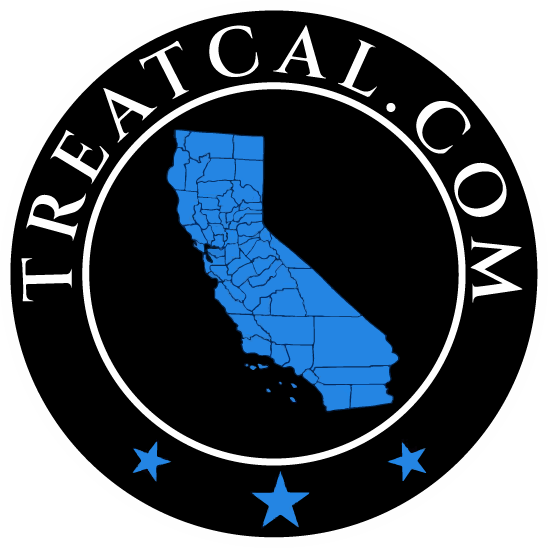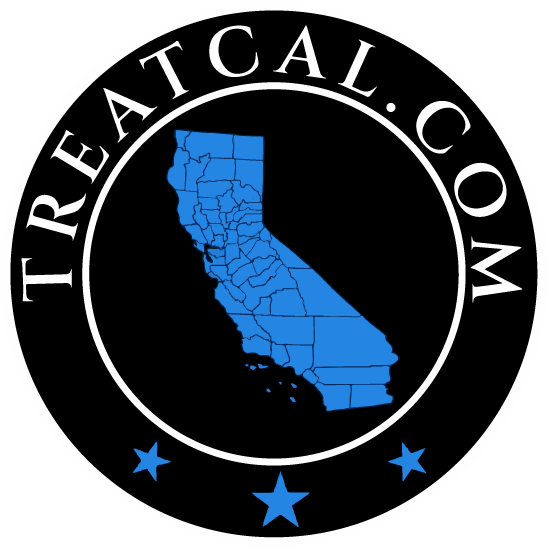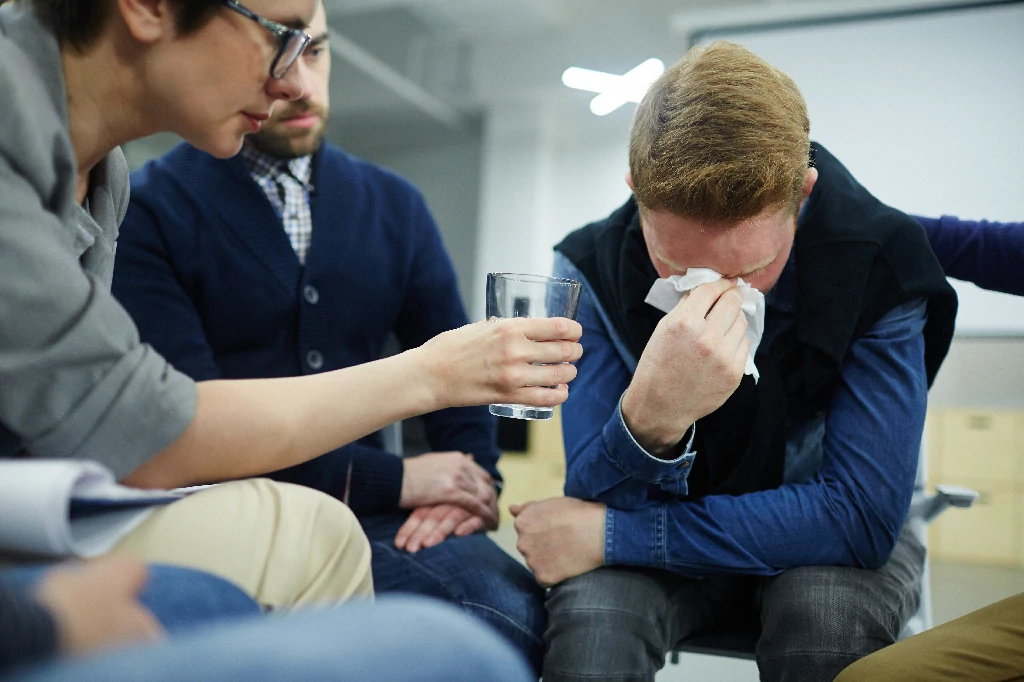Addiction is a long lasting condition that impacts millions of individuals worldwide. It can arise from factors, including genetics, environment, trauma, stress or mental health concerns. Addiction can have effects, on a persons mental, emotional and social well being. This can result in consequences such as health complications, legal troubles, financial difficulties or strained relationships. It’s understandable to feel helpless, frustrated, angry or scared when someone you care about is grappling with addiction. You may be wondering how you can support them in overcoming their addiction and finding recovery while also considering the impact it has on you and your family. Remember that you’re not alone in facing these challenges and uncertainties when dealing with addiction in your life. The encouraging news is that there are ways to provide assistance to individuals struggling with drug or alcohol dependence or any other addictive behavior. You don’t need to be an expert or professional; all it takes is compassion, supportiveness and respect. In this blog post ahead we will discuss five strategies, for helping someone who is battling substance abuse or addictive behaviors.
Here are some valuable suggestions rooted in research and proven methods that can assist individuals, in conquering addiction and attaining well being. Lets get started!
What are the five ways to offer meaningful help?
There are different ways to offer meaningful help to someone struggling with addiction, depending on the situation and the person’s needs. However, some general tips that may be helpful are:
● Educate yourself: One helpful tip is to educate yourself about addiction thoroughly. Taking time to familiarize oneself with the causes, effects, and treatment options of addiction can greatly enhance understanding of what your loved one is enduring and how best to offer support.
● Communicate with compassion: Another valuable piece of advice entails communicating compassionately and respectfully. It is crucially important to abstain from resorting to blame, judgment, or criticism towards those battling addiction. Instead, conveying concern, care, and a genuine desire to aid the person in distress proves more effective. Furthermore, it proves advantageous when we exhibit active listening skills by attentively absorbing their emotions and experiences without any interruptions or arguments arising unexpectedly during conversation sessions. Employing “I” statements rather than “you” statements yields fruitful outcomes; an example being stating our own feelings in phrases like “I feel worried when you use drugs,” opposed simply pointing accusatory fingers with phrases like “You are ruining your life with drugs.”
● Encourage them to seek professional help: To address their addiction, recognizing the complexity of this medical condition and the specialized treatment it requires. It is crucial to understand that attempting to cure your loved one’s addiction on your own or expecting them to conquer it independently will likely prove futile. Instead, they require the assistance of trained experts who possess both knowledge and experience in providing evidence-based therapies and medications.
● Support their recovery process: In addition to encouraging professional help-seeking behavior, supporting your loved one’s recovery process proves paramount as they embark upon a lengthy and arduous journey requiring steadfast commitment and unwavering support. Throughout their treatment period and during aftercare stages, being a supportive presence can make an immense difference in aiding their progress. Furthermore, assisting them with identifying triggers while offering healthy alternatives can assist in managing cravings more effectively. Encouraging healthy distractions provides another avenue for navigating moments of temptation or vulnerability successfully.
● Take care of yourself. Supporting someone facing addiction can be challenging. It can induce stress and fatigue, evoking emotions such as anger, guilt, fear, or sadness. At times, we might even neglect our own well-being. Nevertheless, it remains crucial to tend to ourselves by establishing boundaries and seeking support from others. Engaging in activities that bring us joy and tranquility is equally imperative
I hope this helps you understand how to offer meaningful help to someone struggling with addiction. Remember that you are not alone in this situation, and that there is hope for recovery and wellness for both you and your loved one.
What are some common addictions?
Some common types of addiction are:
● Substance addiction: The phenomenon of substance addiction revolves around the dependency on substances, like alcohol, drugs, tobacco, or vaping products. These substances possess the capability to modify the chemical composition of our brain and result in both physical and psychological reliance. The repercussions of substance addiction manifest through an array of health issues such as liver deterioration, pulmonary cancer, fatal overdoses, and even afflict individuals with painful withdrawal symptoms. Fortunately, there are multiple avenues for addressing substance addiction including medication-based interventions, therapy sessions aimed at healing patients holistically on a spiritual and emotional level , detoxification processes that systematically eradicate harmful toxins from one’s body and finally rehabilitation programs designed to facilitate long-term recovery .
● Behavioral addiction: This refers to addiction that involves compulsive behaviors, such as gambling, gaming, internet use, porn use, or sex addiction. These obsessive actions can activate the brain’s reward system and lead to emotional and social dependency. Consequently, behavioral addictions often obstruct regular functioning and result in detrimental consequences such as financial difficulties, isolation from others, feelings of guilt or shame, along with diminished self-worth.
There are also other types of addiction that are less common or more specific, such as:
● Process addiction. Do you find yourself constantly engaged in repetitive actions or processes? Well, that’s what we call process addiction. It’s not harmful in moderation, but it becomes addictive when done excessively or compulsively. Think shopping, eating, exercising, or workaholism. And let me tell you, process addiction can really mess with your mental and physical health, not to mention your relationships and overall quality of life. But fear not! There are ways to treat this addiction. Therapy, education, lifestyle changes, and support groups can all help you kick those addictive habits to the curb!
● Dual diagnosis addiction is when someone has both addiction and another mental health condition. These conditions can affect each other and make the addiction worse. Treatment for dual diagnosis addiction needs to address both the substance use and the mental health problem.
● Cross-addiction occurs when someone switches from one substance or behavior to another to cope with their original addiction or avoid withdrawal symptoms. For instance, an alcoholic may turn to drugs or gambling. This can be harmful and counterproductive,
worsening the initial addiction or creating new ones. Seeking professional help and avoiding triggers can help prevent cross-addiction.
I hope this helps you learn more about the common types of addiction and how they can be treated. If you or someone you know is struggling with any form of addiction, please seek help from a qualified professional or a trusted source of support. You are not alone in this challenge, and there is hope for recovery and wellness
How can I help someone who is not willing to seek treatment?
If you have someone in your life who is struggling with addiction but is not willing to seek treatment, it can be a challenging and frustrating situation. However, there are strategies that you can implement to support them on their recovery journey.
1. Have open and understanding conversations: Create a safe and non-judgmental space where the person feels comfortable expressing their thoughts and emotions. Listen actively and validate their experiences without trying to convince them to seek treatment.
2. If you have a loved one struggling with addiction, consider seeking help from mental health professionals, addiction treatment centers, or substance abuse experts. These experts have the knowledge and resources to guide you in supporting your loved one effectively. They can also provide information about treatment options tailored to their needs. Reach out for professional support as it can be crucial in their recovery journey.
3. Consider staging an intervention: If someone’s health and well-being are in danger, staging an intervention can help. Have a planned conversation with loved ones and seek assistance from a professional interventionist.
4. Create a bubble of self-care: Build strong walls of boundaries and have an open heart-to-heart about what you expect from their actions and how it affects the bond you share. Taking necessary treatment will protect your happiness and highlight its importance.
5. Remember their choice: It’s vital to acknowledge that the decision to seek help ultimately lies with the individual struggling with addiction. While you can offer support and encouragement, it is crucial to respect their autonomy and understand that recovery starts with their willingness to seek treatment.
By employing these strategies, you can create an environment that encourages your loved one to consider seeking treatment and support them along their recovery journey.
Support groups for addiction recovery in California
There are many support groups for addiction recovery in California that you can join or refer to. Support groups consist of individuals who have similar experiences and challenges concerning addiction. They can offer support to one another emotionally, socially, and practically, as well as provide information, advice, and resources.
Some of the support groups for addiction recovery in California are:
● Addiction Recovery Communities of California (ARCC). Addiction Recovery Communities of California is a committee of the California Consortium of Addiction Programs and Professionals (CCAPP). CCAPP is the largest statewide consortium of community-based for profit and nonprofit substance use disorder treatment agencies, and addiction focused professionals, providing services to over 100,000 California residents annually in residential, outpatient, and private practice settings.
● New Dawn Treatment Centers – Intensive Outpatient Program. They offer medical detox, inpatient treatment, and outpatient programs throughout California. New Dawn Villa Ladera is their residential treatment facility, located in Loomis, California. New Dawn Treatment has over 30 years of experience treating alcohol addiction, drug addictions, and co-occurring conditions like eating disorders, anxiety, depression, trauma, and mood disorders. Their well-rounded, holistic approach includes traditional talk therapy, equine therapy, acupuncture, massage, meditation, 12-Step and Smart Recovery groups, yoga, and more.
● Lifestar Recovery groups-sexual addiction Regarding recovery from sex addiction and betrayal trauma, who you see matters. We are the experts in the field with 3 CSAT therapists/specialty trained staff. For over 2 decades the Lifestar program has been providing recovery treatment/therapy groups for those struggling with compulsive sexual behaviors and for their partners who are faced with relational betrayal trauma.
I hope this helps you find some support groups for addiction recovery in California that can assist you or your loved one in their journey of recovery. Remember that you are not alone in this situation, and that there is hope for recovery and wellness


